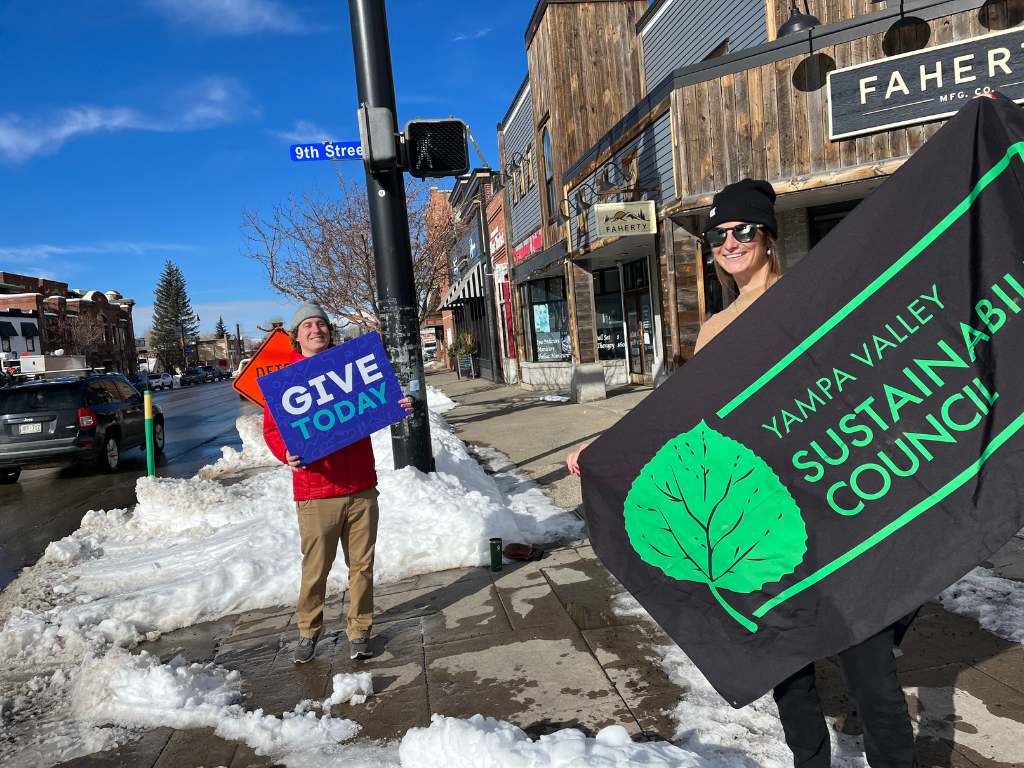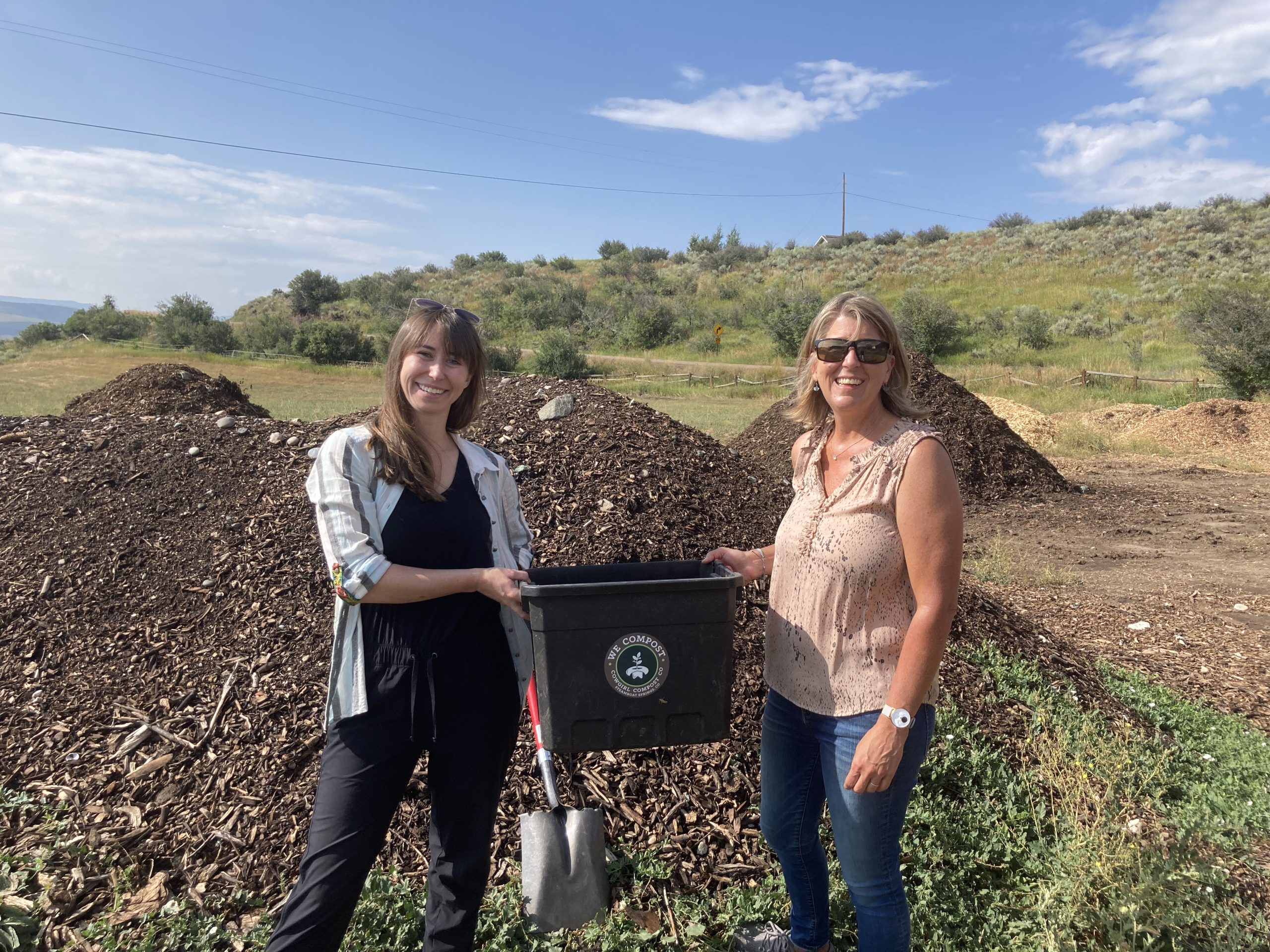Kate Brocato and Michelle Stewart for Steamboat Pilot & Today | February 7, 2021
Routt and Moffat counties continue to be in extreme and exceptional drought, according to the U.S. Drought Monitor, perpetuating from the hottest and driest summer on record last year. Dry antecedent conditions like these are troubling heading into any winter, but combined with what is turning out to be a snow drought winter season across the western U.S., which is how forecasters are characterizing the current dry and cold La Nina winter conditions, we are likely — and gravely — looking ahead to a drier and hotter 2021 summer season. The effects of climate change are known to us here in the Upper Yampa River Basin.
The challenge and opportunity for all of us is to do our part in reducing emissions and building adaptive capacity so that our people and landscapes can endure the imminent changes to come. While the effects of climate change are known and sobering, the political moment for climate action has arrived at the national, state and local level.
In the first weeks of his term, President Joe Biden has made it clear that he intends to make climate action one of the top priorities of his administration. His sweeping executive actions are forming what is being called a “Whole-of-Government” approach to the climate crisis, a move that was motivated by necessity and further energized by increasingly bipartisan public support for climate action. Recall here that the Yale Climate Opinion Map from September revealed 72% of U.S. citizens recognize global warming is happening. A Pew Research Center poll from the same time found that two-thirds of Americans thought the federal government was doing too little to reduce the effects of climate change.
President Biden’s recent executive actions include: rejoining the Paris Climate Accord; committing to conserving 30% of our lands and water by 2030; electrifying the government’s fleet of 650,000 vehicles; and promoting job creation through the transition to a sustainable economy, which will be accomplished through measures like the Civilian Climate Corps. While many of these executive actions will take years to be formally established, it is clear that our nation is striving to align economic development with climate action.
Meanwhile, Gov. Jared Polis continues to propel climate action forward in the state. The recently finalized Greenhouse Gas Pollution Reduction Roadmap comes at a pivotal moment following a year when Coloradans experienced the devastating effects of climate change first hand, which included widespread drought, record temperatures and the three largest wildfires in Colorado history. The roadmap aims to reduce Colorado’s emissions by 90% by the year 2050 based on 2005 emissions levels, to reduce electric power emissions by 80% by 2030 and to encourage purchasing electric vehicles.
In Routt County, we are moving forward on the final stages of our first-ever Routt County Climate Action Plan. Set to be completed this spring, the CAP will provide the community with emissions reduction strategies spanning energy, transportation, waste, land use and community education sectors. Once the CAP is complete and adopted, the Yamap Valley Sustainability Council will be stepping forward to support the implementation of the CAP by launching the Climate Action Collaborative. Stay informed and get involved in climate action by signing up for our newsletter at yvsc.org.






